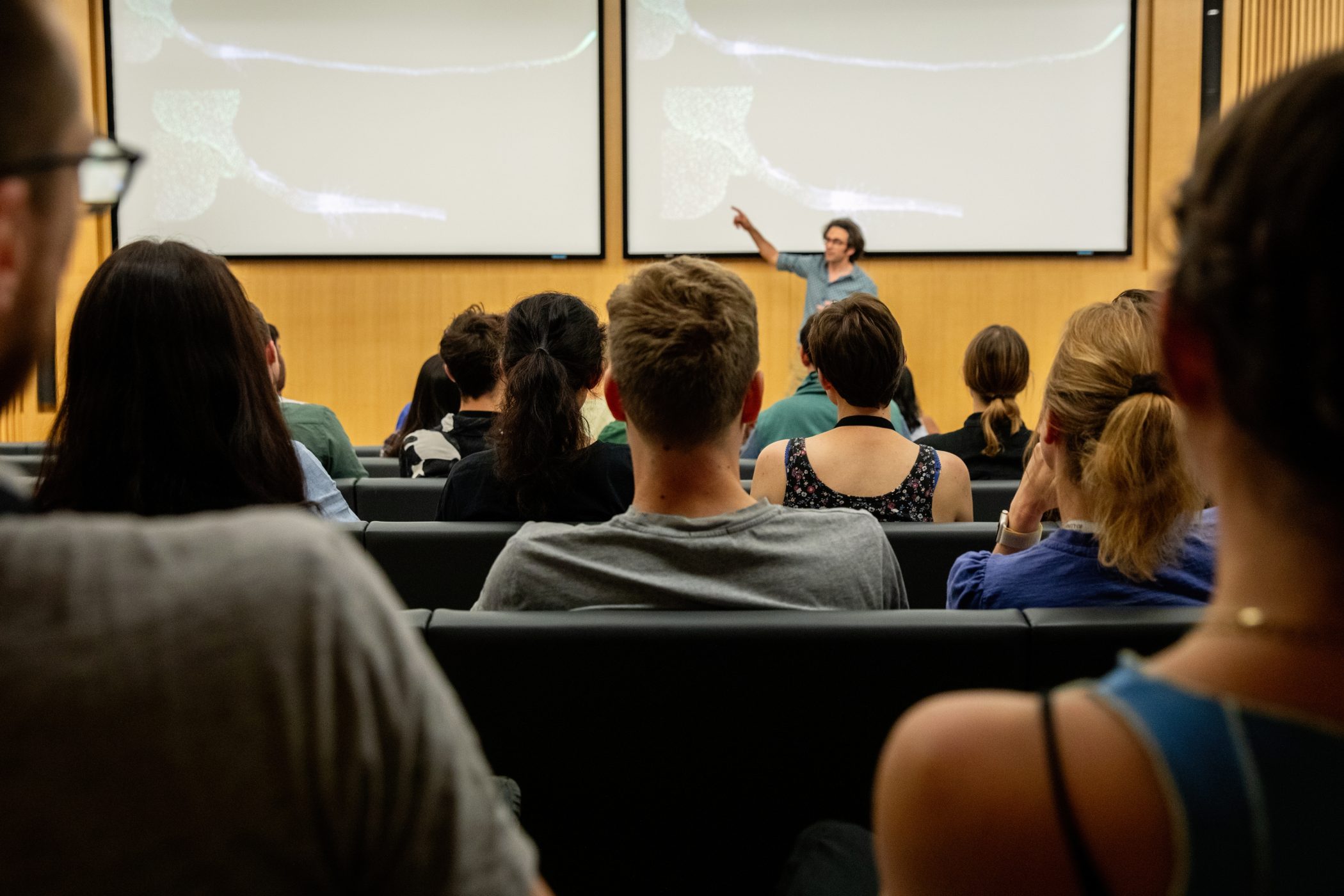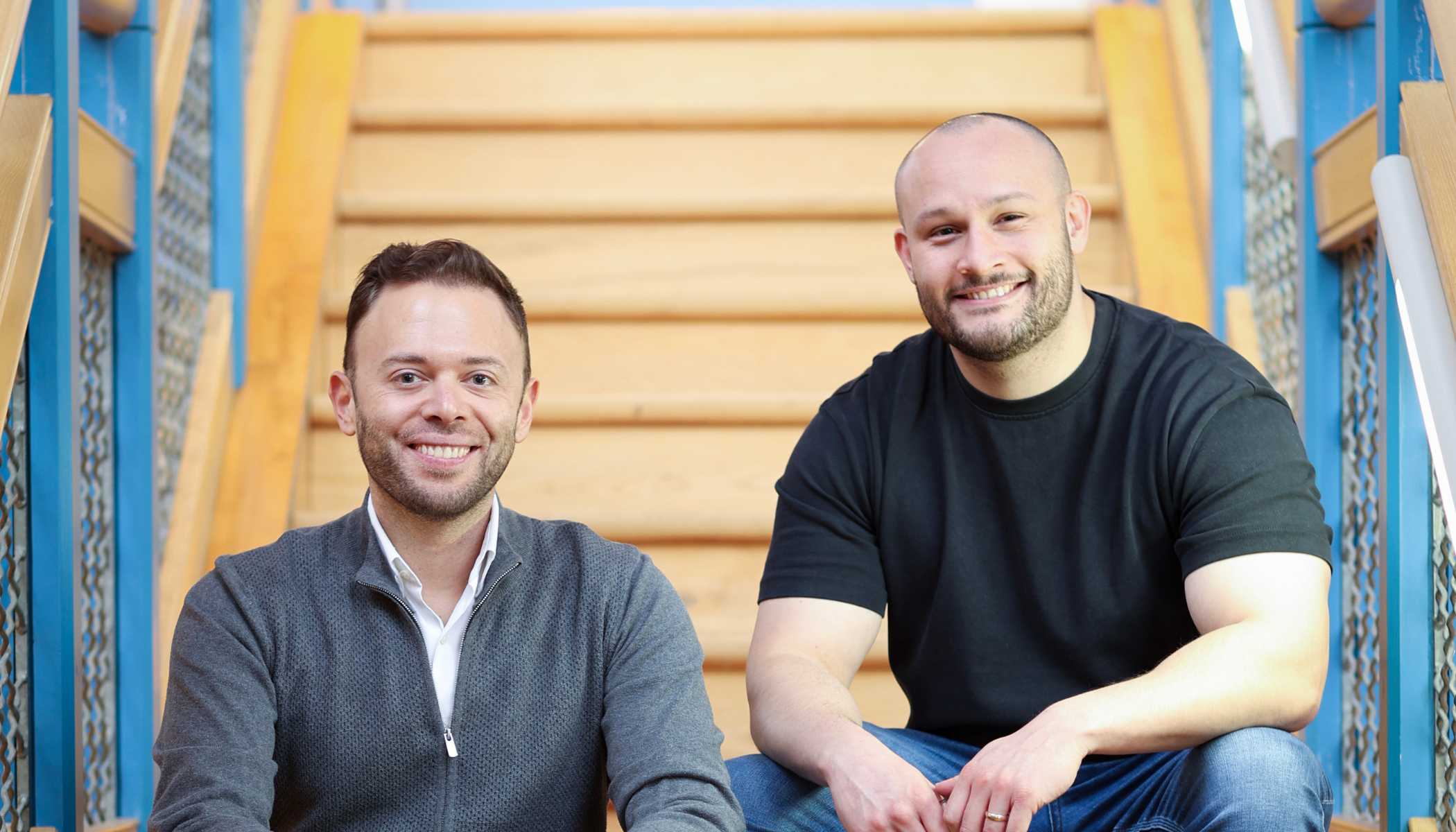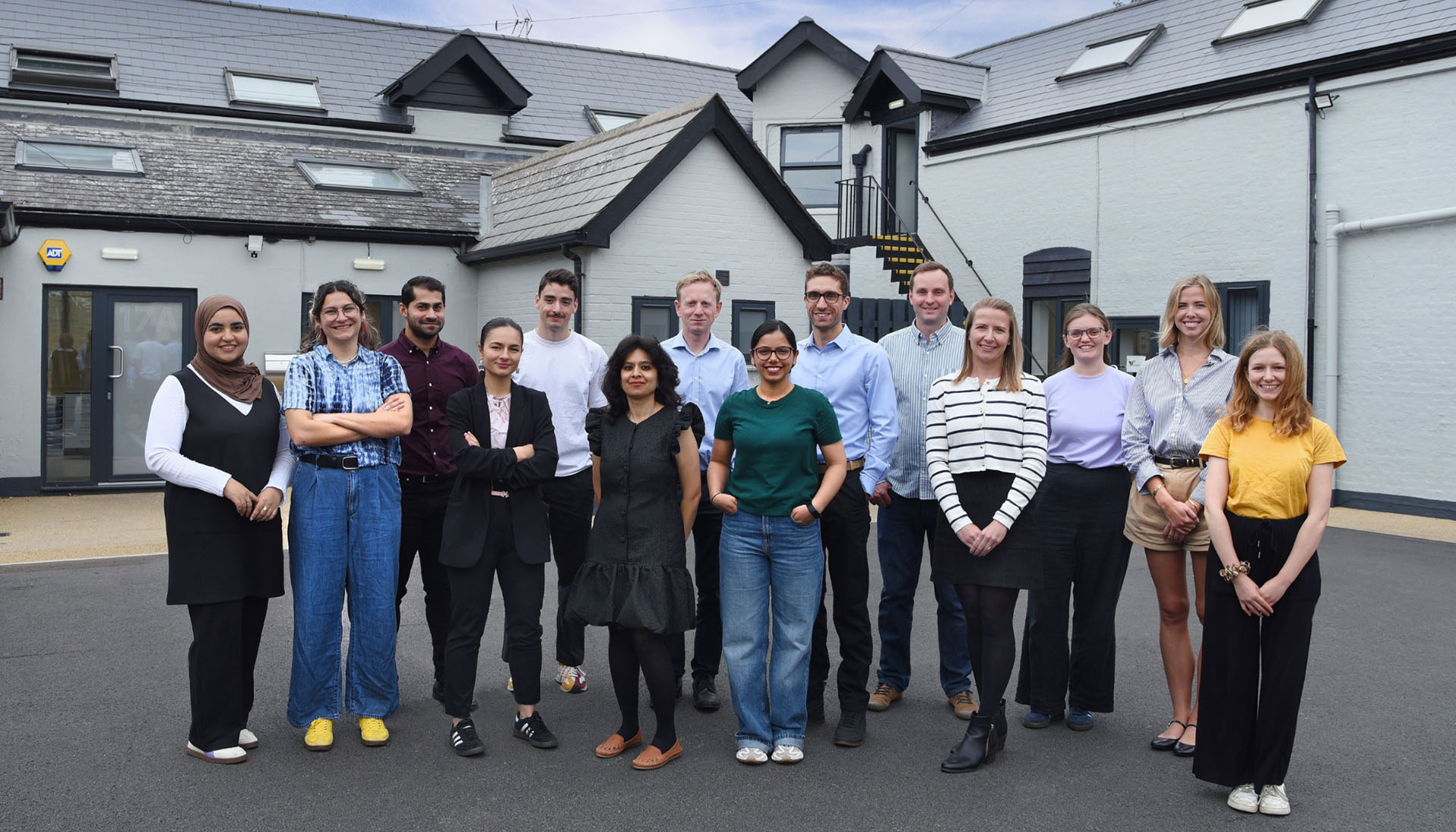Market-driven approaches in policy research
Arts, Humanities & Social SciencesOn 27th October 2022, Cambridge Enterprise and the Centre for Science and Policy (CSaP) organised a roundtable discussion involving social sciences researchers, policymakers, representatives from large and small research organisations and knowledge exchange experts working in the policy space.
We asked our participants whether a research commercialisation approach or entrepreneurial mindset could help create better impact outcomes for policy research. The choice of topic emerged as a response to an increased interest from funding bodies, academic researchers, and private and public sector actors for commercial applications of innovative and impactful research outputs, including from social science disciplines.
The bottom-line answer to the question was yes, commercialisation can lead to better impact outcomes for policy research. However, we also learnt that creating impact through commercialisation is not straightforward, and several challenges emerge when academic research, academic institutions, and the policy world interface.
Opportunities for impact come from the replicability and scalability of the innovative approaches generated by academics through their research, particularly if they focus on non-traditional approaches that can lead to addressing compelling questions and providing solutions to specific challenges. Opportunities emerge too from the networks and the partnerships generated by the interactions happening at the personal and institutional levels.
Gearing up those mechanisms can provide benefits to social science researchers. It will allow them to increase impact while working with government and private sector organisations to deliver high-quality research innovations.
The above implies the alignment of good enough incentives for the researcher, the research institution (the supply side) and the policy world (the demand side). This ‘alignment’ does not happen by chance and requires coherence of actions and intentions from all involved.
In thinking about the applicability of commercialisation to social science researchers within our institution, we have conceptualised the commercialisation of research out of the social sciences as market-based solutions to channel academic expertise in solving real-world problems and addressing societal challenges.
Market-based solutions comprise many arrangements, such as licensing innovative tools, creating new companies (including social ventures), carrying out consultancies, and bringing about ‘entrepreneurial’ pathways to impact as an alternative way to unlock the work’s value to society.
Below we provide the key points emerging from the discussion, highlighting opportunities and challenges from the demand and supply sides. For the full report, please visit the link at the bottom of this page.

The supply side
The support offered through translational services (for example, technology transfer offices and other support services) should enable academic institutions and researchers to work with different ecosystem actors interested in ‘linking up’ to specific research areas.
Researchers should be encouraged to explore the ecosystem, and the University’s institutions should be able to facilitate partnerships through proactive participation in diverse ecosystems and provide adequate support for network creation.
Along with that, appropriate management of intellectual property (IP) would enable the right incentives for both the demand and the supply sides.
IP management includes the contractual arrangements needed to generate opportunities for use and learning. Contracts should therefore be devised so that the combination of IP and expertise can create and release value for the parties involved.
Consultancy remains the dominant way policy-relevant research is commercialised from the social sciences. Carrying out academic consultancies can provide opportunities beyond the delivery of a one-off project, creating and strengthening collaborations that can provide impetus and opportunities for new academic research.
However, whilst there are benefits for policy researchers engaging with commercialisation, barriers also exist.
Concerns may arise around the quality, novelty and originality of commercially driven output (for example, in consultancies), contributing to a broader view within the academic research culture that disincentivises researchers from undertaking translational work in the policy space.
Academic research culture, the lack of institutional support and the lack of awareness around the support available to academics working in the policy space can generate negative loops where social science researchers do not translate enough and where expertise is occasionally and often through personal networks.
Nevertheless, one of the points agreed upon in the discussion is that the dichotomy between consultancy and academic research is only arbitrary. This is particularly true when consultancy output is underpinned by research skills of the highest standard that yield quality outcomes (which is the case in academic research environments).
Hence, simple processes to facilitate high-quality consultancy from academic research should be encouraged in academic environments and adequately supported by academic administrations.
In addition, there was consensus that both existing routes to commercialisation of policy research (e.g. consulting and knowledge exchange) and emerging ones (e.g. tech, data licensing, spinout/start-up) can lead the market rather than being market-led when translated into the commercial world if the tools and methodologies created are novel.
In this regard, the interaction with the commercial world and the ecosystem is essential to identify relevant questions and novel ways to engage with real-world problems, leading to better impact.
Yet, establishing long-term partnerships can be problematic as university administrations may need more agility in several administrative nodes, hampering links with key ecosystem players.
Finance is an additional supply-side challenge for social science research commercialisation, particularly at the early stage. Early-stage support can become a problem in deep-tech environments where venture capital (and other forms of financing) may be interested in certain returns and types of IP structures that social science research output cannot offer. The above creates a problem of scalability regardless of revenue capabilities.
In this context, social science alone might not be the most viable pathway, but helpful connections across disciplines can provide gateways for collaborations and up-scaling.

The demand side
In government and the private sector alike, the perception is that innovation and research commercialisation are almost exclusively a matter concerning STEM subjects. So, the idea that the social sciences could have a role is remarkable but challenging.
As mentioned above, projects crossing the social sciences divide with other disciplines may have a better appeal for collaboration opportunities. Multidisciplinary strategies will also make innovations originating from the social sciences financially more viable.
One of the challenges is, for example, demonstrating the impact of research-based social science interventions. In fact, it is difficult for social sciences to do translational research on the promise that something will eventually work, as social science research outcomes often depend on contextual factors.
In the public sector, politics, dominant narratives and strategies may hamper policy dialogue and, consequently, have a downstream impact on novel research and approaches if those do not match the appetite for quick and visible solutions.
In both the public and the private sectors, there is also a need for short-term solutions by testing different options and getting the solution that works for the moment rather than more comprehensive approaches. This approach clashes with how social scientists engage with a particular problem and propose solutions.
However, establishing trusted networks and a reputation for quality research can be instrumental in matching the demand requirements for short-term actionable insights while reducing the uncertainties of longer-term engagements.
Partnerships will allow the co-creation and co-production of questions and solutions tailored to different timeframe requirements with positive implications for longer-term engagements and the possibility of accessing an institution’s diverse pool of expertise.
The above has the potential to bridge another problem highlighted during the discussion: how to search for and obtain trusted expertise, as complex issues often require multidisciplinary approaches and the ability to ask the right questions.
Tags: commercialisation, CRoSS, social sciences










